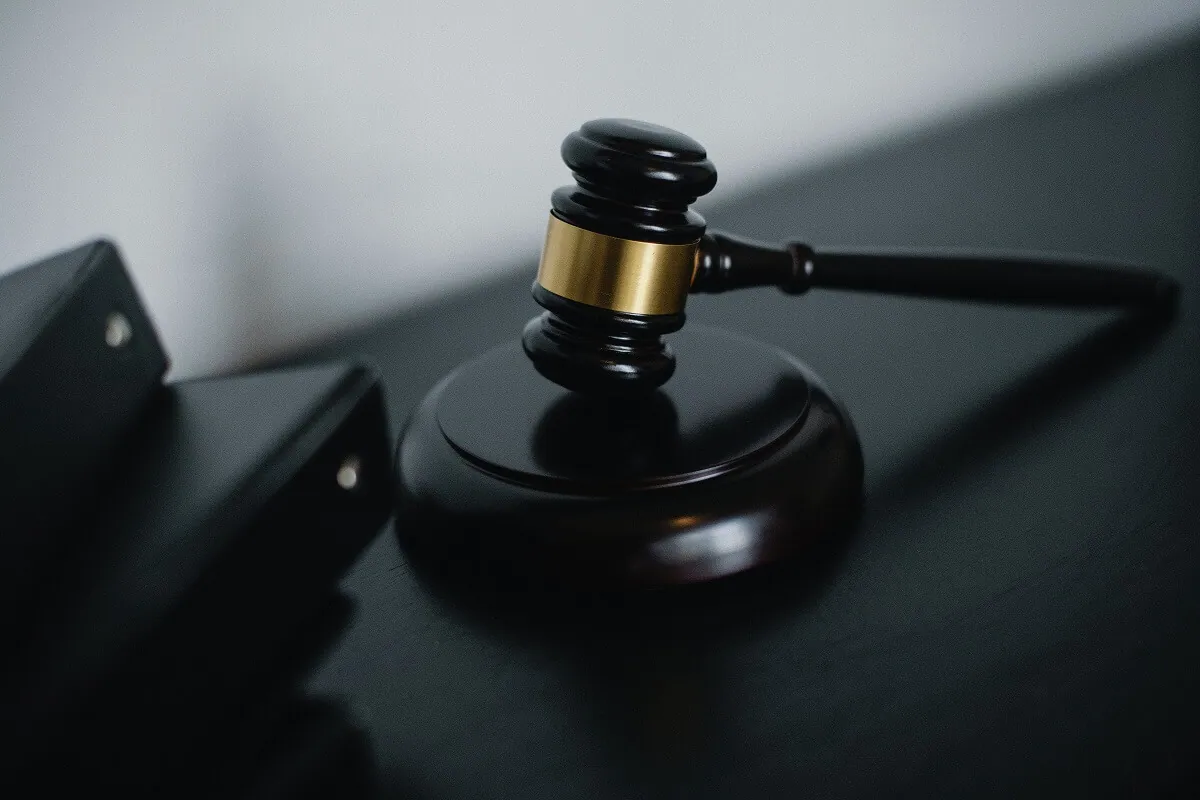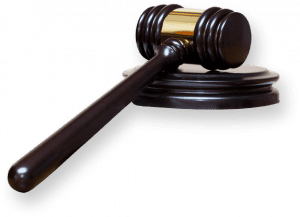2290 East Speedway, Blvd
Tucson, AZ 85719
520-795-2235
Call Us
info@elcvlaw.com
Contact Us via Email
Tucson, AZ 85719
Call Us
Contact Us via Email

As attorneys, we are often faced with traumatic events. Litigation is often filled with disturbing images and disturbing facts. While we may try to distance ourselves from these events in our personal lives, the events we see in our professional lives can take their toll. This effect is known as vicarious trauma. Vicarious Trauma can negatively affect attorneys, including fatigue, irritability, anxiety, depression, and substance abuse. Attorneys need to be aware of these risks and take steps to protect themselves from vicarious Trauma.
Vicarious Trauma is a term used to describe the emotional or psychological effects on professionals who witness their clients’ traumatic experiences. This type of trauma damages legal professionals, leading to significant stress, anxiety, and even post-traumatic stress disorder (PTSD), and if gone unchecked, could cause unwanted pressures. Legal professionals need to be aware of vicarious Trauma and its effects to protect themselves and manage their well-being. This article will introduce you to the impact of vicarious trauma and how it may affect your personal and professional life.
Chronic stress, anxiety, and depression are common issues many people face in the legal profession. However, Vicarious Trauma is another less-talked-about issue that can seriously impact attorneys and judges. Vicarious Trauma is often caused by exposure to traumatic stories and events experienced by others and can lead to chronic stress, anxiety, and depression. It is an essential issue that legal professionals should recognize and address.
What are some signs you may be experiencing vicarious trauma?
Experiencing lingering feelings of anger, rage, and sadness about the patient’s victimization.
Anyone who has worked in the legal profession can attest to the high levels of stress and emotional fatigue that come with the job. But what many may not realize is that this type of stress can lead to something known as vicarious trauma. Vicarious Trauma is when a person experiences traumatic symptoms due to exposure to another person’s Trauma. It can be incredibly harmful to both the individual and the profession as a whole, so it’s crucial to understand what it is and how to address it.
No one expects law professionals to work in a bubble, completely shielded from the outside world. In any profession, there are inherent risks that come with the job. For lawyers, one of those risks is the potential for developing vicarious trauma. This condition can arise when lawyers are exposed to traumatic material in their work and can lead to a range of negative consequences, including depression, anxiety, and PTSD. While there is no surefire way to avoid vicarious trauma altogether, there are steps you can take to protect yourself and your practice. By taking some simple precautions, you can help protect yourself from developing vicarious trauma and maintain your well-being.
In her book, Dr. Faith Harper, Ph.D., LPC-S, ACS, ACN, explains: “Trauma is often complex and continuous. If you serve in the military or work in a high-risk profession, you experience terrible things regularly and know that they can occur at any minute of any day.” Dr. Haper says: “Trauma puts us in survival mode for the first thirty days. And traumas may be coming so fast and furious that we don’t have a moment to stop and breathe. So our brains shut down the trauma-processing experience so we can continue to survive. Taking care of ourselves often becomes a luxury we can’t afford, rather than a necessity we can’t ignore.”
Disclaimer: The content in this article is for informational purposes only and should not take the place of actual legal advice. Not all circumstances are the same, and it is suggested that you should seek legal counsel if you need assistance in any of these areas.

